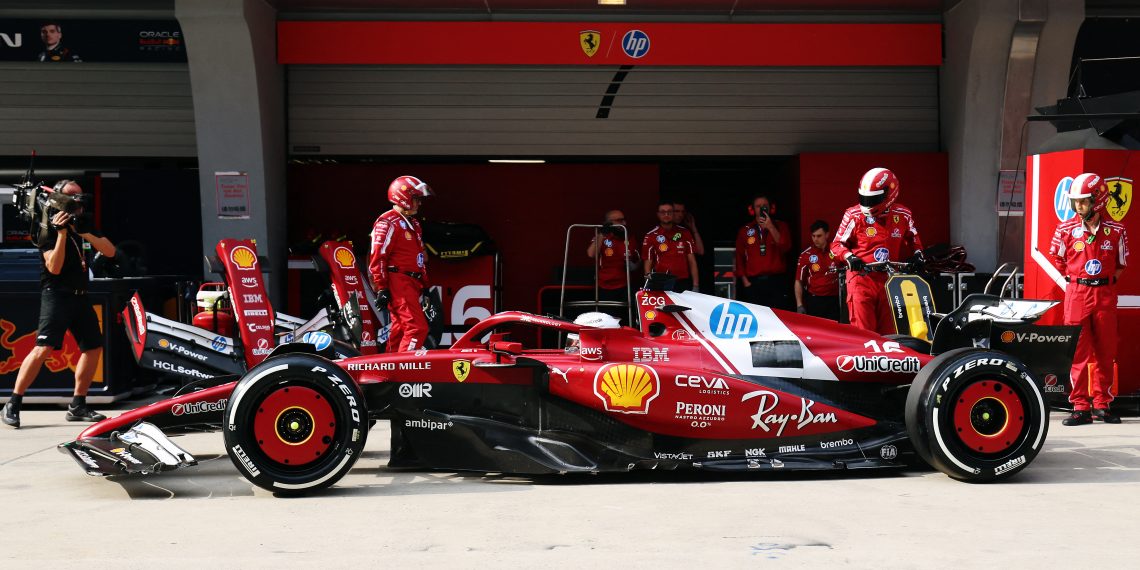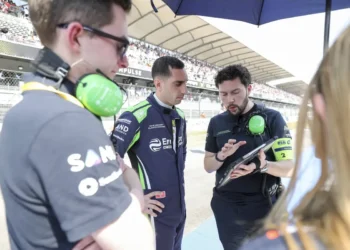Formula 1’s Engine Dilemma: Chaos Looms as 2026 Engine Rules Hang in the Balance
In a dramatic twist in the world of Formula 1, the future of the sport’s engine regulations has sparked a heated debate, leaving teams like McLaren, Williams, and Alpine facing potential engine crises. Mercedes, a major engine supplier, has issued a stark warning: if the planned 2026 regulations are abandoned, these teams could find themselves without engines.
As Formula 1 revs up discussions about possibly reverting to V10 power units by 2028, questions arise over the viability of introducing new turbo hybrid engines in 2026. The contentious debate has led some within the sport to suggest sticking with the current engines for a few more years before making the switch to V10s.
However, this potential change could create a logistical nightmare for many teams. Audi, set to debut as a works team, and Red Bull, which has partnered with Ford to develop a 2026 engine, would be left scrambling for alternatives. Mercedes, too, would be heavily impacted, with team boss Toto Wolff emphasizing the impossibility of accommodating such a shift without disrupting their operations.
“We simply don’t have the hardware,” Wolff stated. “The dynos, the batteries, none of that exists anymore. We might manage to create an engine for our works team, but supporting our customers like McLaren, Williams, and Alpine would be out of the question.”
FIA’s Stand: No Need for Panic
Amidst these discussions, the FIA remains steadfast, rejecting any “panic stories” about the 2026 regulations. Nikolas Tombazis, the FIA’s single-seater director, has been actively engaging with manufacturers to address the concerns surrounding the complexity and cost of the new turbo hybrids. While acknowledging the challenges, Tombazis is optimistic about the future.
“I don’t share the scaremongering about the ’26 regulations,” Tombazis asserted. “There are challenges, but we’ve been working closely with the teams and power unit manufacturers to resolve them. We anticipate competitive racing where driver skill will shine.”
Tombazis also pointed out that anxiety before major rule changes is not uncommon. He recalled similar fears preceding the 2022 regulations, which ultimately did not materialize.
“If we hadn’t updated the power unit regulations, F1 would be left with just Ferrari and Mercedes as manufacturers,” he noted, highlighting the importance of the new rules in attracting new entrants and maintaining the sport’s competitive edge.
As the debate rages on, the future of Formula 1’s engine regulations remains uncertain. The sport stands at a crossroads, with teams, manufacturers, and governing bodies all vying to shape the future path of the pinnacle of motorsport.










